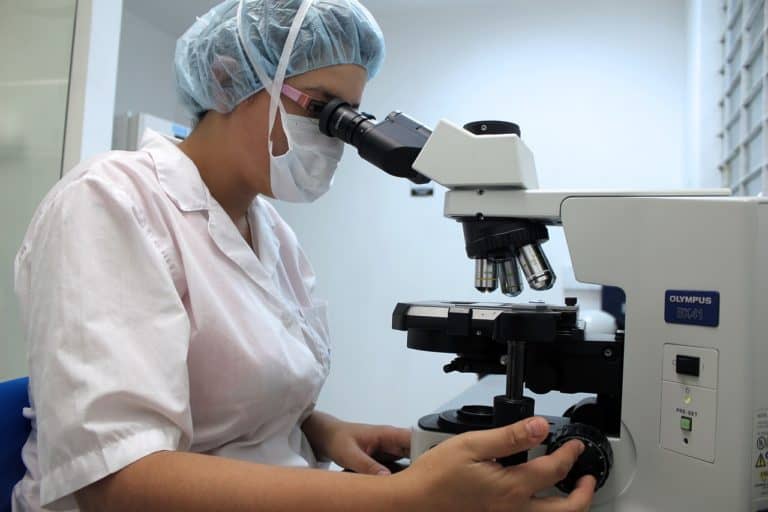In the first study of its kind, researchers at the University of Illinois at Chicago (UIC) evaluated the lycopene benefits for black men who had a prostate abnormality and an elevated PSA (prostate-specific antigen) level. According to Richard van Breemen, UIC professor of medicinal chemistry and the lead researcher on the study, “We’re not setting out to treat cancer, but to prevent it, and we’re hoping to do so with lycopene.”
Numerous previous studies have indicated that lycopene, an antioxidant and a red pigment found in tomatoes, guava, and other fruits and vegetables, has anticancer properties. A recent study, for example, published in the Journal of Nutritional Biochemistry, noted that lycopene showed an anti-proliferative benefit on androgen-dependent human prostate cancer cells.
The UIC study enrolled 105 black men aged 50 to 83 who were scheduled for a prostate biopsy due to their abnormality and PSA status. Twenty-one days before the biopsy, the men were divided into two groups: half received two gel capsules containing 30 milligrams of lycopene, and the other half received a placebo capsule containing soybean oil.
The goal of the study was to see if the daily lycopene supplement would cause an increase in lycopene levels in the blood and prostate tissue, and if the antioxidant would reduce markers of oxidative stress, an important factor in cancer and other diseases. At the end of the 21 days, all the men underwent needle biopsies to diagnose prostate cancer or benign prostatic hyperplasia (BPH). Biopsies were also done to measure lycopene and DNA oxidation.
Forty-seven men had prostate cancer and 58 had BPH. Biopsy results revealed that the men who had taken the lycopene supplements had “a significant increase” of the antioxidant in their blood and a moderate increase in prostate tissue when compared with the control group. There were no significant changes in markers of oxidative stress associated with taking lycopene.
All men are encouraged to be screened for prostate cancer, with regular PSA (prostate-specific antigen) testing starting at age 50 for men who are at average risk of developing the disease. However, African American men are at greater risk of both developing prostate cancer and dying of the disease than are men of other groups. The American Cancer Society recommends African American men see their doctor about prostate cancer screening at age 45, while men who have close relatives who have had prostate cancer before age 65 should see their doctor at age 40.
Read more in our Prostate Cancer Health Center.
References
American Cancer Society
University of Illinois at Chicago news release July 13, 2011
Yang CM et al. Lycopene inhibits the proliferation of androgen-dependent human prostate tumor cells through activation of PPARy-LXRa-ABCA1 pathway. J Nutr Biochem 2011 Feb 18







